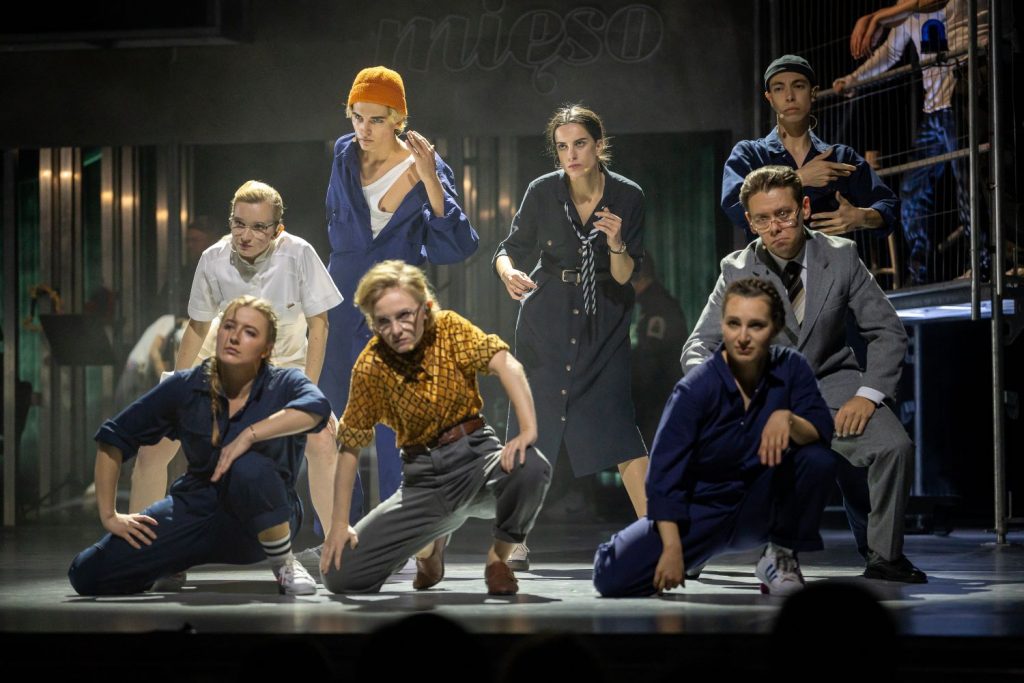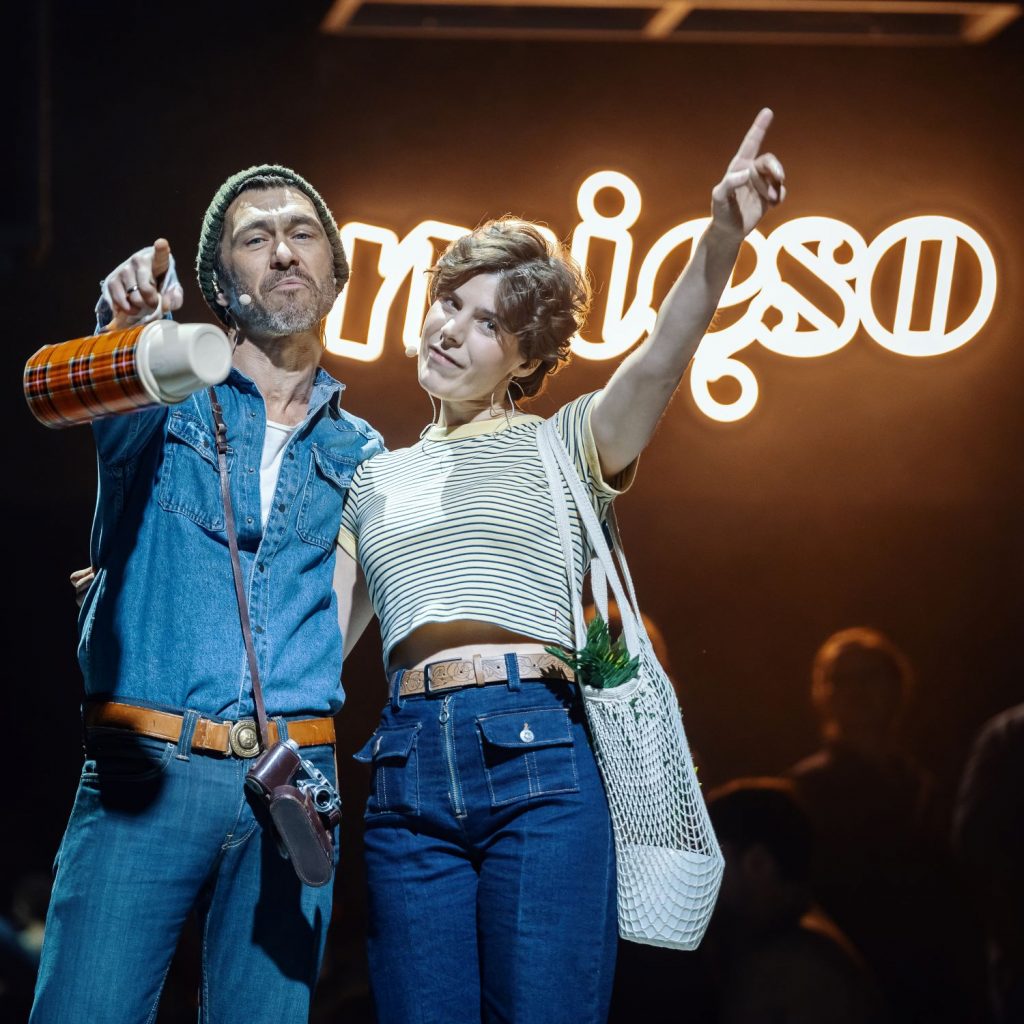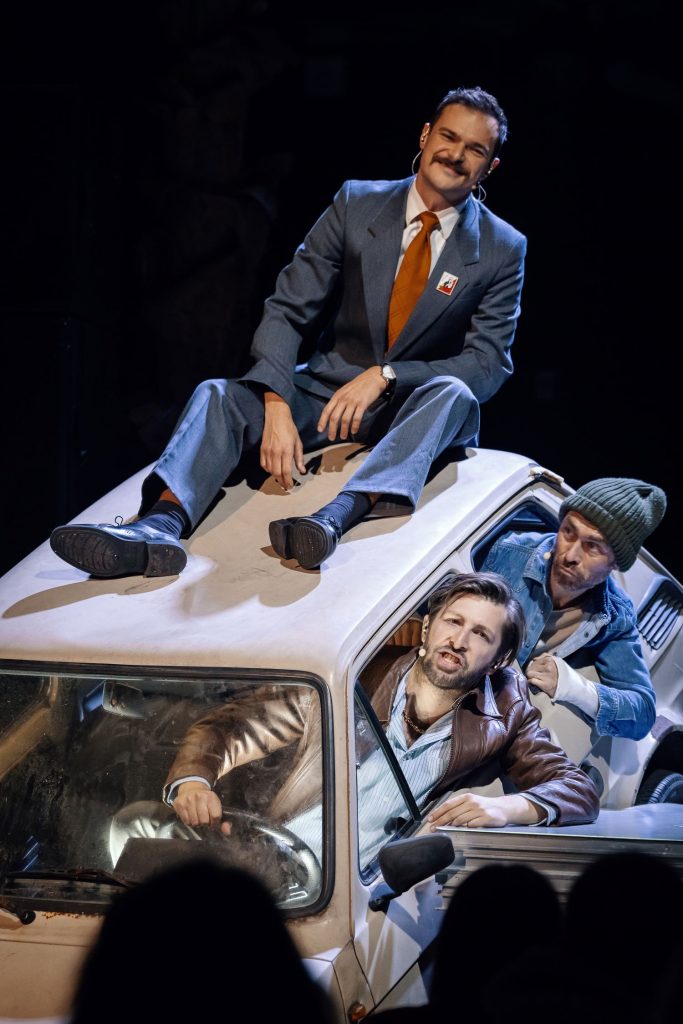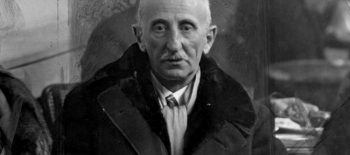Tuesday, November 5, 2024 at 3:00 PM – 8:00 PM
Martin E. Segal Theater Center
CUNY GRADUATE CENTER
365 5th Ave, New York, 10016R
RSVP: Free admission
Program:
3:00 PM Opening remarks by Consul General
of the Republic of Poland in New York Mateusz Sakowicz
3:15 PM Screening of 1989
6:30 PM Panel discussion
7:30 PM Election Watch Party
The musical 1989 became a runaway hit in Poland. It was the play of the 2022/2023 season and the most awarded Polish play in recent history. Inspired by Hamilton, the Gdańsk Shakespeare Theatre and the Juliusz Słowacki Theatre in Kraków revisited Poland’s Solidarity movement through a mixture of hip-hop, rap, and pop. The Segal Center will screen a television version of the play created for the popular Polish TV program Theater Television and host a panel discussion with the director of the Gdańsk Shakespeare Theatre, Agata Grenda, the musical’s screenwriter Mirosław Wlekły, as well as the producers Melania Szymerowska. Placing the events of 1989 in conversation with contemporary U.S. politics, the panel discussion will be followed by an Election Watch Party.
The story behind the1989 musical
1989 is a musical directed by Katarzyna Szyngiera, which draws formal inspiration from Hamilton. Lin-Manuel Miranda’s revolutionary work brought rap to Broadway, offering a fresh narrative style that resonated with both young and older audiences. A similar success story unfolded in Poland with 1989.
The musical presents the fall of communism from a fresh perspective, bringing to life events known from newsreels and history textbooks. It tells the story through the experiences of three captivating couples. In the lives of the Frasyniuk family, Wałęsa, and Kuroń, ideals clash with love, and enthusiasm meets the heavy weight of history, intertwining heroism with personal tragedies. The audience witnesses these characters at iconic moments—such as the strikes at the Gdańsk Shipyard and the Round Table talks—but also in their private moments of joy and suffering, set within communist-era apartments and prison cells.
The script is grounded in rich documentary material and based on hours of interviews with key figures, including Lech and Danuta Wałęsa, Władysław Frasyniuk, and Aleksander Kwaśniewski, as well as the organizers of the Round Table discussions. The production is the work of an experienced team: director Katarzyna Szyngiera, writer Mirosław Wlekły, and cultural theorist Marcin Napiórkowski. The music is overseen by Andrzej Mikosz “Webber,” one of Poland’s top rap producers, ensuring the soundtrack is as compelling as the story.
The 1989 has garnered glowing five-star reviews and swept the most prestigious awards at Poland’s major theater festivals, including the National Competition for the Exhibition of Polish Contemporary Art, the International Theater Festival BOSKA KOMEDIA, the Stanisław Wyspiański Theater Award, the Grand Prize at the KONTAKT International Theater Festival, and the Passport of Polityka Weekly, along with the Onet portal’s O!Lśnienie Award.



The Gdańsk Shakespeare Theatre was built on the site of the 17th-century Fencing School, which used to host theater performances as well. The building was modelled on the Fortune Theatre in London. The idea of rebuilding the Fencing School in Gdansk was of renown prof. Jerzy Limon, who was also the first director of the institution (2008-2021). The current theatre was designed by the Italian architect Renato Rizzi. The building was opened in September 2014. This year it celebrates the 10th anniversary.
The theatre is famous for its international theater projects. Its programs have hosted companies from Norway, Iceland, Japan, Germany, Hungary, Ukraine and many other countries. The most important events organised by the Gdańsk Shakespeare Theatre is the Shakespeare Festival.
The Juliusz Słowacki Theatre in Kraków has been operating continuously since 1893, and is one of the most renowned and distinguished Polish playhouses. The theatre served as a national stage as early as at the turn of the 19th and 20th centuries. World premieres of the outstanding works by Stanisław Wyspiański, including The Wedding (1901) and Liberation (1903), are numbered among the most important events in the history of Polish culture.
The theatre’s performances have always been created by outstanding artists and directors. It has also always been very favourable to young artists – it was here that directors who are now at the forefront of Polish theatre, such as Krystian Lupa, Maja Kleczewska, Agnieszka Olsten, Agata Duda-Gracz, and Paweł Miśkiewicz, produced their first performances. Since 2016, Krzysztof Gluchowski has been the General and Artistic Director of the Theater.
Lead image and photography: Dawid Linkowski




